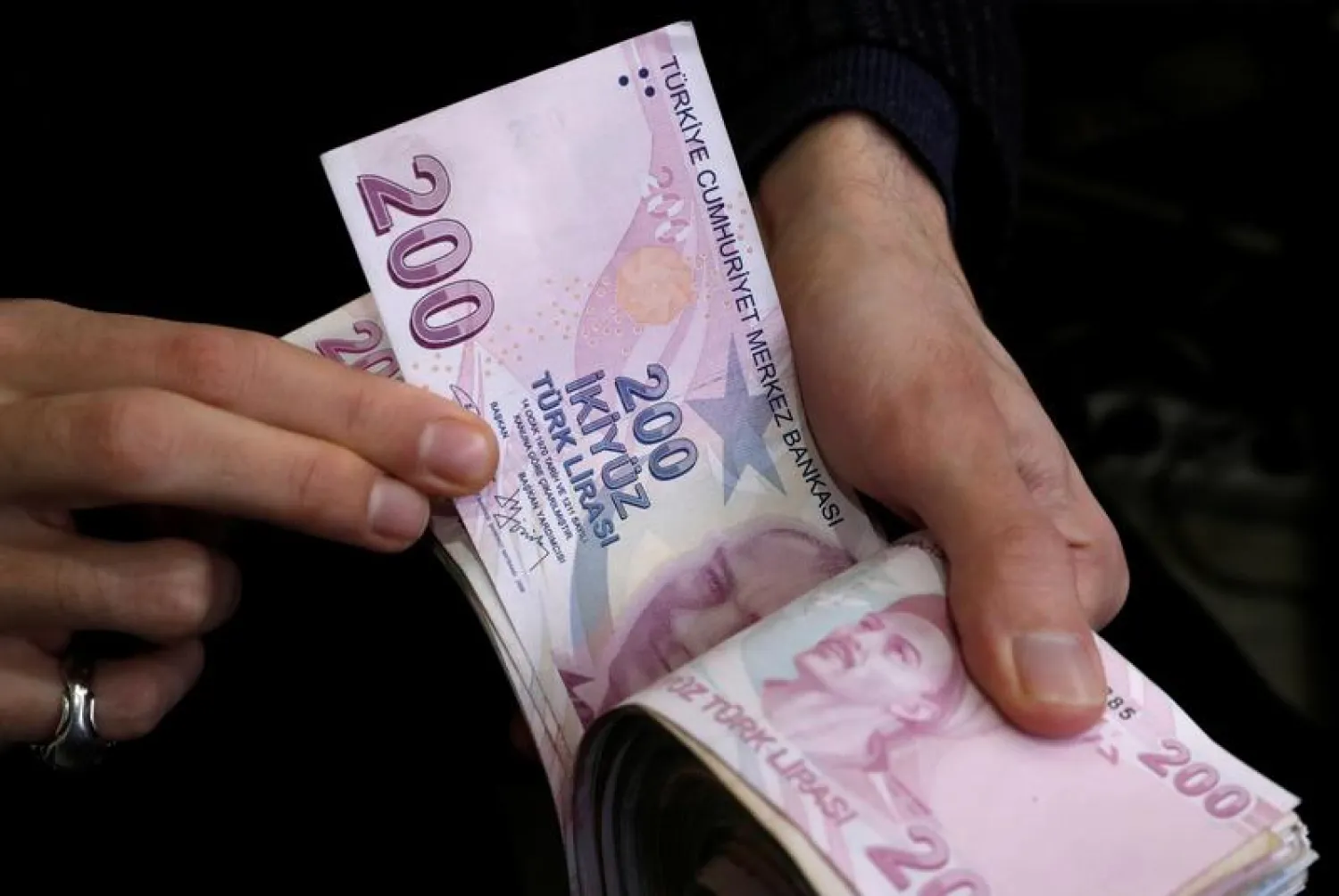Turkey's economic outlook is being clouded by the prospect of dollarization, unpredictable policies, and currency volatility, which makes it challenging to attract investment to the country, according to credit ratings agency Standard & Poors (S&P).
Director of S&P Global Ratings Maxim Rybnikov said investors are deterred by a lack of monetary policy credibility in Turkey, exacerbated by a decision to cut interest rates when inflation was four times the central bank's five percent target.
Turkey's central bank has reduced its benchmark interest rate to 16 percent over the past two months even as inflation accelerated, prompting investors to sell the lira.
The currency hit a record low of 9.85 per dollar in late October after the latest rate hike and President Recep Tayyip Erdogan's replacement of senior central bank officials.
Rybnikov said in an interview with a Turkish newspaper that although the first immediate effect observed is in the exchange rates, the risk that appears to be going forward is towards increased dollarization and further constraining the functioning of monetary policy.
He noted that a weaker lira makes Turkey's exports more competitive, cautioning that it is essential to consider the impact on sectors, including manufacturing, where a weaker lira drives up prices due to reliance on imported goods and materials.
Rybnikov said people should focus not only on the export side of the equation but also on the constantly depreciating lira and subsequent high inflation, which has been observed since 2017.
Turkey's Statistical Institute said on Wednesday that the annual consumer price inflation accelerated to 19.9 percent last month from 19.6 percent in September.
Core consumer price inflation, which excludes more volatile items such as food and energy prices, slowed to 16.82 percent last month from 16.98 percent, the Institute said. The central bank has started using the lower core number as a critical indicator for changes to monetary policy.
Producer price inflation climbed to 46.3 percent, the highest level since July 2002, from 44 percent.
A former economist at US investment bank Goldman Sachs Erik Meyersson believes that the outlook is still awful even if Turkey's October inflation miraculously stayed below 20 percent.
The idea that any central bank monetary policy committee could consider rate cuts in this environment boggles the mind, Meyersson noted.
Investors are concerned that the interest rate cuts, ordered by Erdogan, will boost economic growth at the expense of the lira and higher inflation.
Many emerging market central banks are hiking interest rates to curb price increases brought on by global supply problems and a surge in energy costs.
Some economists and analysts are concerned that the Turkish Statistical Institute's ability to accurately report inflation and other economic data has been compromised by a slew of appointments to the state-run body via presidential decree.










